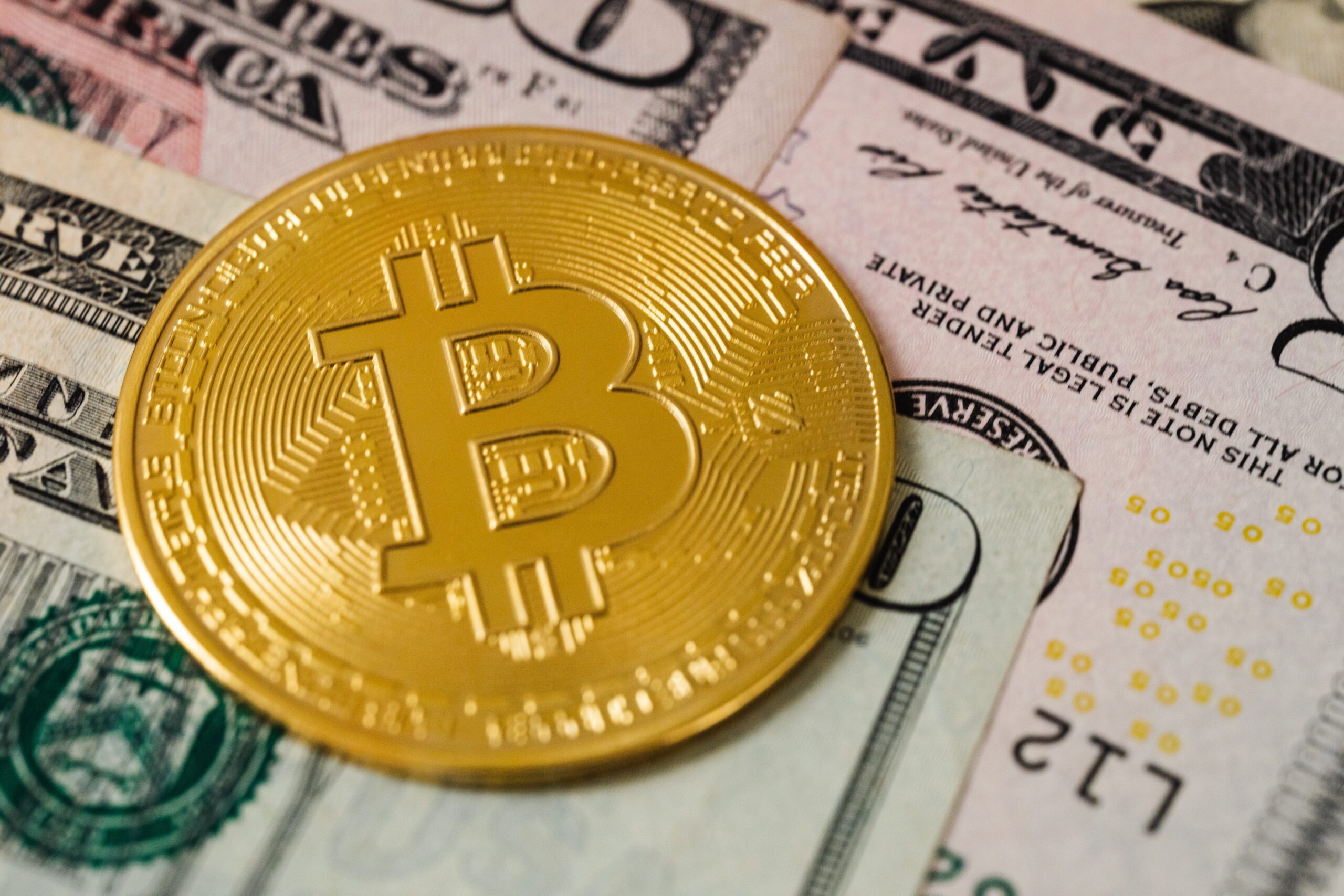Who are Market Makers?
A market player that trades an item in specified price and volume ranges helps to keep the markets' demand stable. This person is known as a market maker. By actively taking part in the auction, the market maker's primary duty is to create supply and demand. As a result, it...

A market player that trades an item in specified price and volume ranges helps to keep the markets’ demand stable. This person is known as a market maker.
By actively taking part in the auction, the market maker’s primary duty is to create supply and demand. As a result, it establishes a trading environment that attracts traders and investors.
A market maker can be an expert business, like a bank or broker, or even a single person. Market makers operate in the financial markets in an official and transparent manner that complies with all applicable laws and exchange regulations. Companies looking to increase the effectiveness of the market for a certain asset may hire a market maker, as may exchanges themselves.
Why is a Market Maker Necessary?
The price of a new asset that begins trading on the exchange, like the shares of a firm that has successfully completed an IPO, may fluctuate. Sharp price increases, a decline in trading volume, and a large discrepancy between the sale and buy prices might result from investors’ erratic behavior and a lack of the essential liquidity for transactions.
The trading platform or the issuer may hire a market maker to prevent this from happening. This is a special bidder, typically a sizable company with great financial resources and a group of skilled traders.
By completing the following actions, the market creator hopes to improve the market’s effectiveness.
- Generating liquidity. To maintain a steady flow of trading requests, the market maker must give the exchange’s clients the quantity of assets they require to execute deals. This is important to allow for the execution of transactions of any size and at any price by individual investors and traders. As an illustration, a market maker commits to simultaneously submit orders for the purchase and sale of a specific asset in the amount of $1 million during each trading session from 10:00 to 15:00 during the entire month.
- Avert price increases. The market maker is responsible for ensuring that an asset’s price moves continuously and smoothly, avoiding abrupt dips and increases in quotes. He ensures that the spread, or the distinction between purchasing and selling, is as small as possible.
- Large-scale transactions mediated. The stability of the market may be harmed by a single large trade execution if there is insufficient liquidity for that instrument on the exchange. A market maker can execute an operation outside of the exchange, serving as a middleman between a sizable buyer and seller, to avoid this from happening.
How can a market maker get revenue?
A market maker’s earning potential are more wider than those of traders and investors; instead of just profiting from price changes. Here are a few instances:
- Spread. Market maker takes the spread—the difference between the Ask and
- Bid prices. For instance, the asking price (Ask) is currently $99.5, while the asking price (Bid) is currently $100.5. Both sides of the order book receive market maker orders. As a result, when he completes transactions, he is paid the difference ($1) between these offers.
- Arbitration. Market makers use a variety of arbitrage tactics to take advantage of market inefficiencies, much like other significant participants.
- The cost of services. A market maker may be compensated in a fixed amount by the exchange or another interested party for his services, as well as get bonuses and discounts for trading activities.
- OTC exchanges. The market maker may be paid a percentage for serving as a middleman between significant buyers and sellers.
How do Market Makers Affect the Price of Cryptocurrencies?
The biggest investment banks, including Citi, Barclays, Bank of America, Goldman Sachs, JP Morgan, and Morgan Stanley, function as market makers in conventional financial markets.
The two biggest market makers in the cryptocurrency market are trading firm Cumberland and Alameda Research, which is connected to the FTX exchange.
Stablecoins, which are used for settlements and capital storage, saw a spike in demand as a result of market makers’ increasing activity in 2021. Around 70% of the USDT stablecoin supply at the time was controlled by Alameda Research and Cumberland, according to the Protos webpage, which was published in August 2021.
Market makers make money by acting as middlemen for significant OTC transactions as well as by supplying crypto exchanges with liquidity for trading pairs in the USDT market (such as BTC/USDT, ETH/USDT, and others).
Cumberland is the most active coin on the Binance exchange, and Alameda Research collaborates with FTX, claims Protos.
